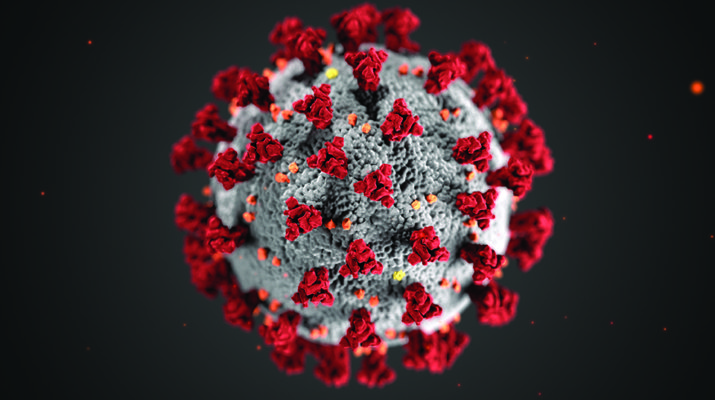There’s no doubt it’s the time of year when flu and respiratory illness are passed around like mashed potatoes at Thanksgiving dinner.
Just like with these illnesses, the main and best defense against the virus that causes COVID-19 at the moment is frequent hand hygiene. Washing your hands for at least 20 seconds with soap and water is one of the easiest and most effective things you can do to prevent illness. If soap and water aren’t available, an alcohol-based hand sanitizer is the next best option. Both the Center for Disease Control and Panhandle Public Health District strongly urge frequent and thorough hand hygiene to help prevent the spread of illnesses, including the virus causing COVID-19.
Other important prevention techniques include:
• avoiding touching eyes, nose, and mouth area with unwashed hands
• avoiding close contact with those who are sick, and staying home if you are sick
• covering mouth and nose with a tissue when sneezing or coughing and throwing the tissue away
• regularly cleaning/disinfecting objects and surfaces frequently touched
• avoid wearing paper masks, as when paper masks become wet, they don’t work properly
Both BBGH and PPHD are following updates on guidelines the CDC sends out daily, and hourly, on COVID-19 and continue to work to implement processes to prevent community spread of illnesses.
BBGH Chief Quality Officer Mary Mockerman says, “We’re communicating daily with PPHD and monitoring the CDC, DHHS (department of health and human services), and other websites for the newest information.” Remaining calm and practicing consistent hand hygiene are two of the most important things the community can do to protect themselves right now. BBGH is diligently collaborating and taking steps with the surrounding area hospitals, PPHD, and DHHS to help keep the health of the community as a priority.
Current risk assessment:
• For the general American public, who are unlikely to be exposed to this virus at this time, the immediate health risk from COVID-19 is considered low.
• People in communities where ongoing community spread with the virus that causes COVID-19 has been reported are at elevated though still relatively low risk of exposure.
• Healthcare workers caring for patients with COVID-19 are at elevated risk of exposure.
• Close contacts of persons with COVID-19 also are at elevated risk of exposure.
• Travelers returning from affected international locations where community spread is occurring also are at elevated risk of exposure.
CDC has developed guidance to help in the risk assessment and management of people with potential exposures to COVID-19.
It’s important to remember to call the hospital or clinic before arriving at the hospital to evaluate symptoms. The main number for the hospital is 762-6660 and the clinic number is 762-7244.
For the most recent information on COVID-19 visit www.cdc.gov/COVID19

